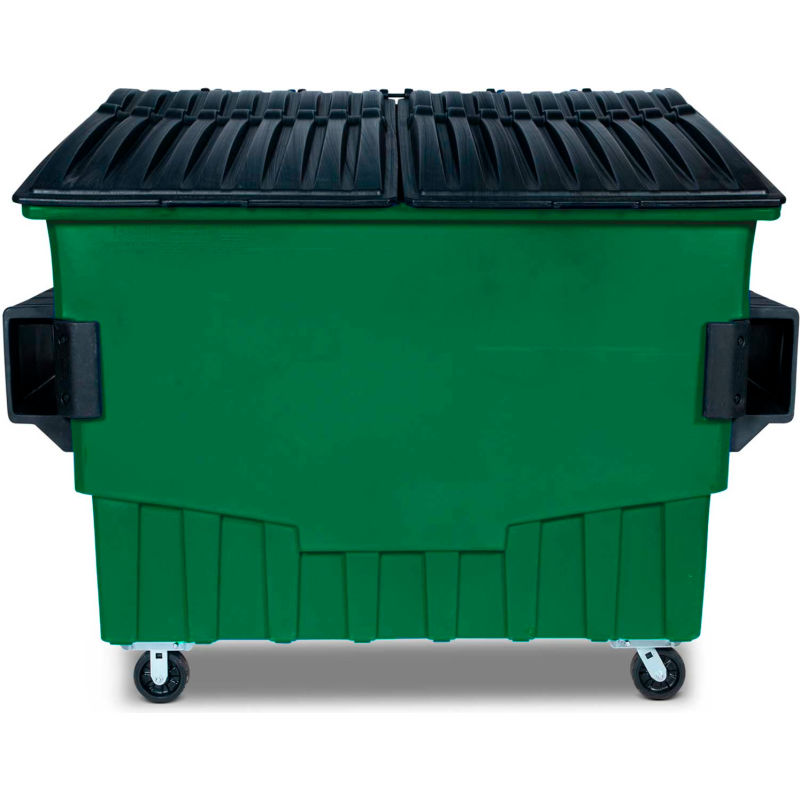Waste
Knowing the kind of waste you will occasionally be dumping might help when choosing a dumpster rental company. There can be restrictions on what you can toss out depending on dumpster rental business you select.
After waste disposal, a professional business must have a plan about how to handle dangerous and non-hazardous waste. According on the types of debris that are removed from your house or place of business, the dumpster rental company can charge in different ways.
Proximity To Your Home Or Business
The distance from your home or place of business should also be taken into consideration when choosing a dumpster rental service. If a waste management firm is farther away, it may not offer timely services, and you would have to pay more for the service overall to cover the expense of transportation.
In comparison to a dumpster company located far away, one which is geographically close to your house or place of business will provide timely and superior service.
Waste Management Techniques
There are numerous approaches and techniques for managing garbage. In order to create a waste management system that works for an organization, these tactics might be merged or reorganized.
Strategies for managing garbage today focus on sustainability. Other waste management alternatives include waste reduction, waste reuse, and waste recycling.
Recycling, often referred to as physical reprocessing, is the best method for getting rid of inorganic trash including plastic, glass, & metals. Composting would be a superior way to dispose of waste because it turns organic waste into nutritionally fertiliser, even though organic waste like paper and food may also be recycled.
The process of converting non-recyclable garbage into heat, power, or fuel utilising renewable energy sources, including such anaerobic digestion & plasma gasification, is known as waste to energy, or WtE.
Animal manure & human excreta are biologically reprocessed into methane-rich biogas by anaerobic digestion. Hazardous waste can be converted into syngas using plasma gasification, which involves a plasma-filled vessel that operates at high temperatures little oxygen.
The treatment of pollutants, poisons, and contaminants using microorganisms is known as bioremediation, and it is an additional option for discarding of hazardous material.

